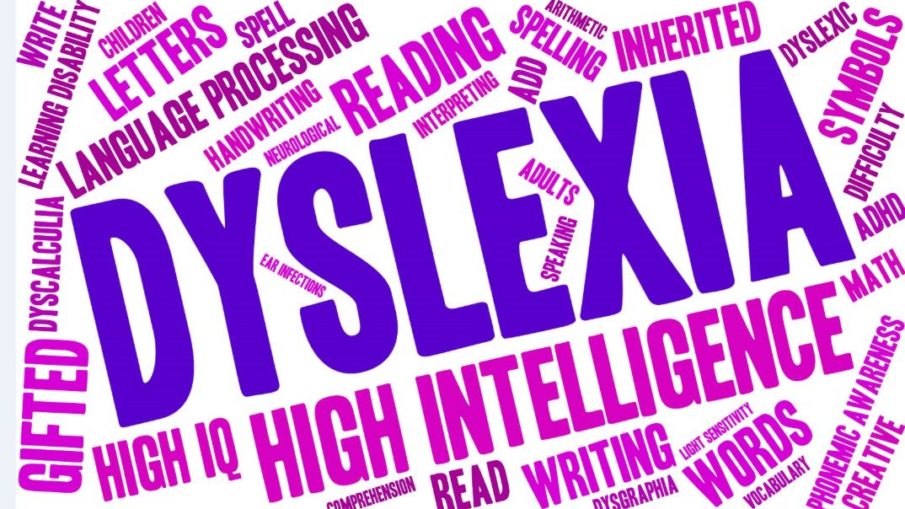Experts have expressed concern over the plight of dyslexics in the country while lamenting that about 36 million Nigerians are dyslexics.
What is Dyslexia? It is a learning disorder that involves difficulty reading due to problems identifying speech sounds and learning how they relate to letters and words (decoding). Also called reading disability, dyslexia affects areas of the brain that process language.
To address the problem, the4y called on government, parents, and stakeholders to come together to educate dyslexics on how to live more fulfilled lives.
For the director, Dyslexia Nigeria, Dr Adrienne Tikolo, 20 per cent of every population is affected by dyslexia, which is about 36 million Nigerians.
The director in her address at the first annual Africa dyslexia dialogue with the theme: “Unmasking dyslexia: Inclusion and the future of school and work” said providing support to dyslexic children would help them learn more than if they do not get the needed support.
She said by encouraging them in school– like more time to finish their work – schools would be “leveling the playing field for dyslexics.”
“We’ll find at least 15 people in this room on the dyslexic spectrum and even more in our families, schools, and workplaces. This is the reality of dyslexia and this is why it is important for us to talk about it, and to address it. Feelings of frustration are common among dyslexics thereby having serious implications for mental health.”
She warned that unaddressed dyslexia can cause mental health and self-esteem issues.
Underscoring the importance of addressing dyslexia, an expert, Oladoyin Idowu said people with learning disabilities were more likely to end up in prison or drop out of school.
She said: “A highly disproportionate number of students with learning disabilities end up in prison because we never teach them to read and they learn early that they cannot succeed in school. The hard truth is that we are more willing to spend money to put illiterate in prison than we are on teaching them to read.
“Another upsetting consequence of our unwillingness to help students with dyslexia learn to read is the high suicide rate associated with learning disabled teens. The emotional impact of a lifetime of shame and feeling stupid should not be underestimated. Our failure to teach children with dyslexia to read is oftentimes literally killing them.”
Project director, special attention project (SAP), Ghana, Richard Opoku, said the education system must seek other ways than reading and writing to assess children with learning differences like dyslexia.
He said written examinations were not the only way children could be assessed in school and determined to have learned.
Opoku lamented the low level of awareness about dyslexia even among policy makers, leading to poor policy implementation.
For instance in Ghana, Opoku said despite having an elaborate inclusive education policy since 2016, many Ghanaian teachers still do not know about dyslexia.
A public health expert, Dr Ronke Agoro, who sat for to Unified Tertiary Matriculation Examination (UTME) six times to get into the university called for a change in the way assessment is done in Nigerian schools.
“Assessment comes across different boards. I believe that the traditional way of assessing is fast becoming invalid. The way children are assessed will not be valid in the nearest future. Just because you don’t know something in the context I am assessing you does not mean you do not know it. It just means that you know it in a different way. So, being innovative about assessment is crucial,” she said.
With dyslexics being naturally creative and good organisers, the experts also advised that they are given opportunities to shine in their areas of strength.
Dr Tikolo also said there were learning techniques that could help dyslexics learn and expressed the readiness of dyslexia Nigeria to partner with schools and other institutions to help expose teachers and schools to such techniques.
“We need to realise just how much control we actually have over our own lives, and how simple adjustments and learning techniques can make all the difference in the world for dyslexics.
At Dyslexia Nigeria, it is our primary aim to educate and convene stakeholders concerned with dyslexia to create an environment where children and adults who struggle with dyslexia in school, in a vocation, or in a profession, can develop to their full potential.



